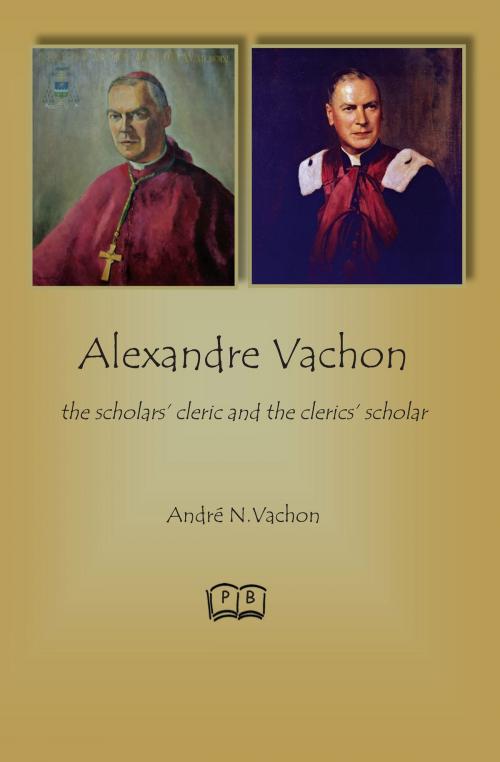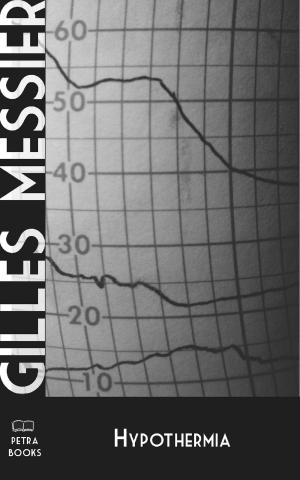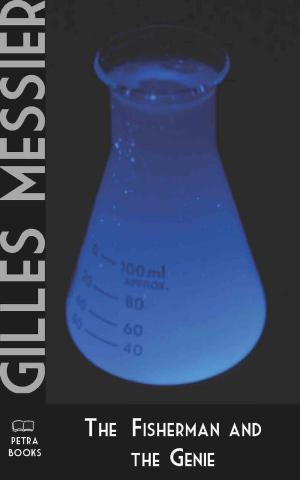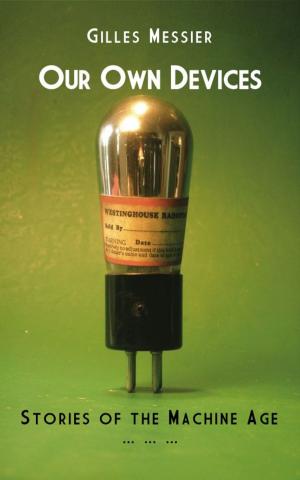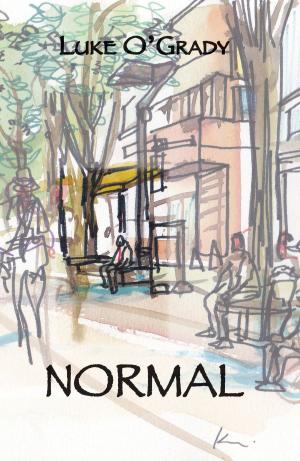Alexandre Vachon: the Scholars' Cleric and the Clerics' Scholar
Nonfiction, History, Canada, Biography & Memoir, Religious| Author: | André N. Vachon | ISBN: | 9781927032626 |
| Publisher: | Petra Books | Publication: | November 4, 2016 |
| Imprint: | Smashwords Edition | Language: | English |
| Author: | André N. Vachon |
| ISBN: | 9781927032626 |
| Publisher: | Petra Books |
| Publication: | November 4, 2016 |
| Imprint: | Smashwords Edition |
| Language: | English |
“However long our life may be, it will not be forever … Every day, our existence denudes itself, it shortens, it vanishes, like a rose that loses a petal with every breath of wind.” —Alexandre Vachon
Alexandre is the last child of a family of thirteen, his parents being of modest means and different ethnic origins. Encouraged by his family and the parish Priests, he completes his studies for Priesthood with distinction. Circumstances also lead him to become a science teacher and to pursue studies in this field at Harvard and MIT. Early on, he realizes the need to improve the lot of French-Canadians, not only in the Province of Quebec, but throughout Canada. As Director of the Advanced School of Chemistry and then Dean of the Faculty of Science, and finally as Rector at Laval University, he encourages French-Canadian youth to choose scientific studies and, while maintaining good relations with English Canadians, to take their due place in the Canadian society.
The Church recognizes his talents and, in 1939, turns to him to lead the Ottawa diocese: quite a challenge for the new Bishop due to the rivalry that still prevails between the French- and English-speaking people of the diocese. Rome notices the success of his work, particularly of the 1947 Marian Congress, and he is entrusted with new responsibilities which extends to the Church at large.
“Intellectum valde amat—love to understand, love to learn” (St. Augustine).
“However long our life may be, it will not be forever … Every day, our existence denudes itself, it shortens, it vanishes, like a rose that loses a petal with every breath of wind.” —Alexandre Vachon
Alexandre is the last child of a family of thirteen, his parents being of modest means and different ethnic origins. Encouraged by his family and the parish Priests, he completes his studies for Priesthood with distinction. Circumstances also lead him to become a science teacher and to pursue studies in this field at Harvard and MIT. Early on, he realizes the need to improve the lot of French-Canadians, not only in the Province of Quebec, but throughout Canada. As Director of the Advanced School of Chemistry and then Dean of the Faculty of Science, and finally as Rector at Laval University, he encourages French-Canadian youth to choose scientific studies and, while maintaining good relations with English Canadians, to take their due place in the Canadian society.
The Church recognizes his talents and, in 1939, turns to him to lead the Ottawa diocese: quite a challenge for the new Bishop due to the rivalry that still prevails between the French- and English-speaking people of the diocese. Rome notices the success of his work, particularly of the 1947 Marian Congress, and he is entrusted with new responsibilities which extends to the Church at large.
“Intellectum valde amat—love to understand, love to learn” (St. Augustine).
